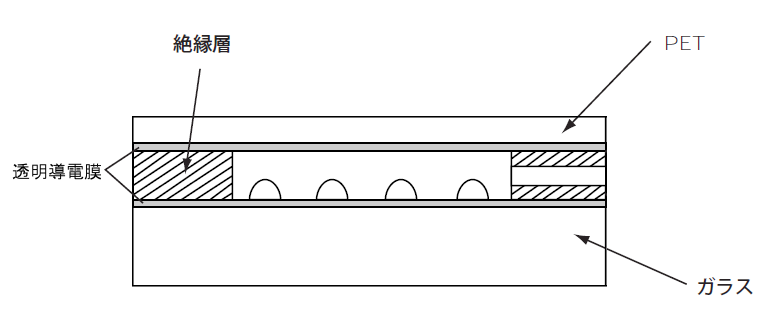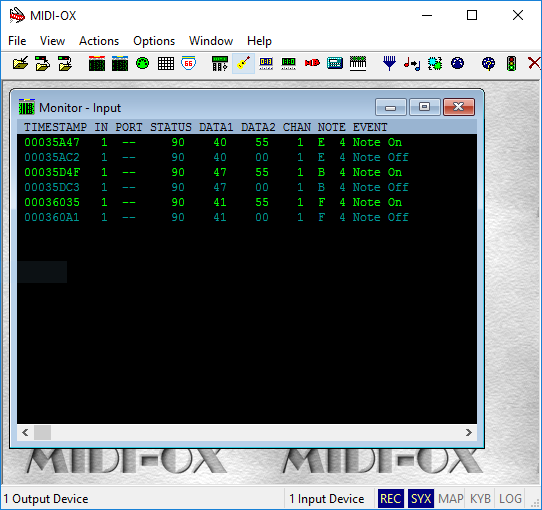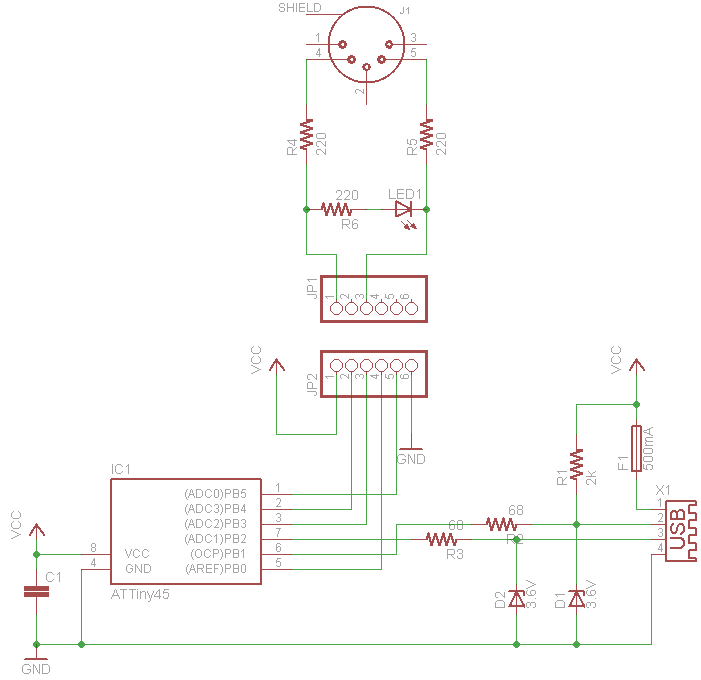モールス符号のデコーダを書いてみました。初見でこれの原理がぱっとわかったらちょっとすごいです。
/* Advance to the next state for an input, '.', '-'. or 0 (terminal).
* The initial state is zero. Returns the next state, or the result:
* < 0 when more input is needed (i.e. next state)
* = 0 for invalid input
* > 0 the ASCII result
*/
int morse_decode(int state, int c) {
static const unsigned char table[] = {
0xac, 0xca, 0x00, 0x00, 0x00, 0x00, 0x00, 0x00, 0x00, 0x00,
0x00, 0x00, 0x00, 0x00, 0x00, 0x00, 0x00, 0x00, 0x00, 0x00,
0x00, 0x00, 0x80, 0x86, 0x92, 0x80, 0x94, 0x82, 0x80, 0x80,
0x80, 0x80, 0x80, 0x80, 0x80, 0x80, 0x46, 0x50, 0x0e, 0x00,
0x00, 0x00, 0x26, 0x52, 0x34, 0x24, 0x00, 0x00, 0x56, 0x44,
0x0c, 0x0a, 0x48, 0x4c, 0x00, 0x04, 0x28, 0x54, 0x00, 0x00,
0x30, 0x40, 0x2a, 0x38, 0x18, 0x1a, 0x00, 0x00, 0x00, 0x00,
0x3a, 0x00, 0x32, 0x4e, 0x3e, 0x3c, 0x2e, 0x16, 0x00, 0x08,
0x42, 0x36, 0x00, 0x00, 0x00, 0x00, 0x10, 0x00,
};
int index = (-state) & 0x7f;
switch (c) {
case 0: case ' ': return (table[index] & 0x80) == 0 ? index / 2 + '/' : 0;
case '.': return -table[index];
case '-': return -table[index + 1];
default: return 0;
}
}Chris Wellons さんの実装に触発されました。魔法のようなプログラムで最初見たときたまげました。上の関数は Chris さんのオリジナルの関数と入れ替えて使えます。考え方は似ていますが別のアプローチで実装されています。
https://nullprogram.com/blog/2020/12/31
この関数を動かすためのサンプルのメイン関数はこちら
int main(int argc, char *argv[]) {
char *code = ".... . .-.. .-.. ---";
char decoded[32];
int iout = 0;
int state = 0;
for (int i = 0; i < strlen(code) + 1; ++i) {
int c = code[i];
state = morse_decode(state, c);
if (state == 0) {
fprintf(stderr, "syntax error\n");
return -1;
}
if (state > 0) {
decoded[iout++] = state;
state = 0;
}
}
decoded[iout] = '\0';
printf("result: %s\n", decoded);
return 0;
}解説は後日。「仕組みがわかったぜ」という方や「もっとうまくやれるぜ」という方はぜひコメント欄にどうぞ





